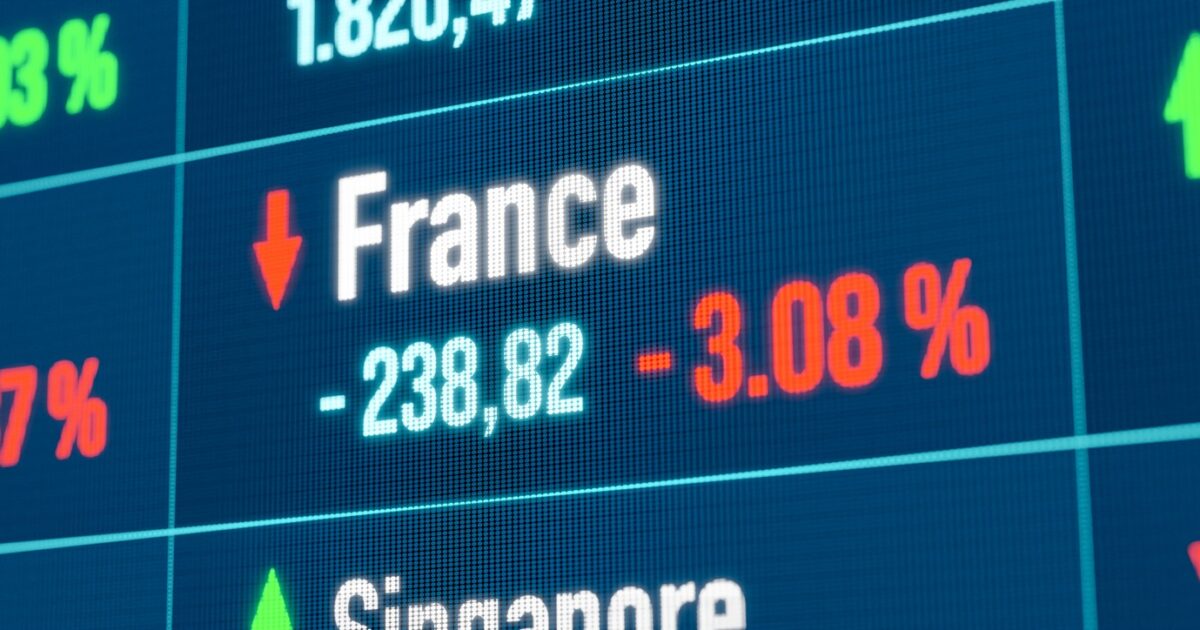The assignment of a government to Sebastian Lekorni by French President Emmanuel Macron after François Bayrou’s failure to receive the vote of confidence he had requested, it seems difficult to change the data of the political and economic crisis passing through France After the European elections of 2024.
The markets also have the consequences of this situation, with the spread of French bonds remaining in persistently high levels. Macron’s decision to announce early parliamentary elections after the rapid rise of Marin Le Pen’s far-right party has trapped France in a prolonged political-economic impasse.
With the Parliament of the second largest eurozone economy, the creation of sustainable governments is like an attempt to square in the cycle, as the fall of Michel Barnier initially showed in December and Bayrou last Monday (8.9.2025). necessary to reduce the country’s very high fiscal deficit and debt.
Bairou proposed measures to reduce costs and taxes that would save 44 billion euros in the budget and reduce the deficit to 4.6% of GDP in 2026 from 5.8% in 2024 and 5.4% estimated this year. According to Eurostat data, French deficit is by far the highest in the eurozone and almost twice as much as the 3% permitted limit. Belgium was the country with the second highest deficit (4.5%) in 2024.
Bairo’s effort, with the budget passed this year in February, which was mainly based on temporary measures to increase business taxation, did not eventually lead to any significant fiscal adjustment. Along with the high deficits, France’s public debt is increased, which reached 113% of GDP last year from 109.8% in 2023, with the prospect of increasing further by 2027, according to Fitch credit rating, who downgraded Friday (12.9.2025) the French worthy to A+.
The dynamics of French debt also contributes to the increase in the country’s borrowing costs, as the risk for investors who buy them is increasing, with performance of 10 -year bonds to move close to 3.5%. French bonds had traditional yields slightly higher than those of Germanwith France considered safe as a member of the eurozone core.
In the last two years, however, mainly after last year’s political crisis, their yields exceeded the respective countries of the so -called eurozone region – Greece, Spain and Portugal – while In recent days they have been moving at about the same level as Italian bonds. On Friday, the yield of 10 years of French securities stood at 3.44% versus 3.30% of Greece and 3.45% of Italy. For Spanish securities, the yield was 3.22% and for the Portuguese at 3.06%.
In addition to Fitch, the other two major US houses, S&P and Moody’s, also proceeded to negative evaluations.
S&P downgraded the prospects for negative the French worthy AA-in February, noting that in order for France to reduce its debt, it should notice primary budget surpluses, which has never been achieved since 2001.
Moody’s downgraded last December France’s worthy AA3 with stable prospects from AA2 with negative perspectivesstressing that its budgetary position will weaken significantly in the coming years due to the political fragmentation and polarization that will prevent a significant fiscal adjustment on the forecasts it made before the political crisis. The political stalemate is cited by both other houses for the review of their evaluations.
